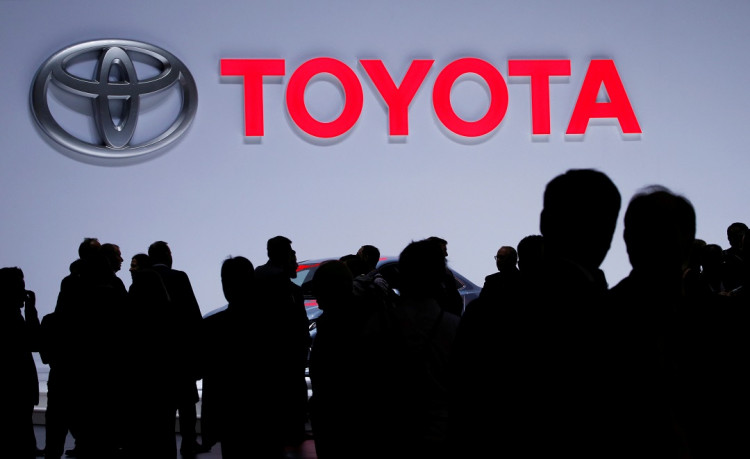Toyota Motor Corporation, the world's largest maker of hybrid electric vehicles (HEVs), will speed-up its transition to a full-fledged electric vehicle (EV) manufacturer so half its total global sales will be derived from EVs by 2025.
It had originally targeted 2030 to attain this aim but the undeniable rise in demand for EVs in its major markets and the shift by its major competitors to the production of these vehicles prompted it to advance the original schedule. Analysts said EVs are transforming the global auto industry.
Toyota will also partner with Chinese battery maker Contemporary Amperex Technology Co Ltd (CATL), and Chinese EV maker BYD Co Ltd to ensure its goals are met. CATL is the world's first and largest provider of battery packs for EVs, HEVs and Plug-in Hybrid Electric Vehicles (PHEVs).
Behind it are Panasonic Corporation, the main battery pack supplier of Tesla, Inc. and Chinese batter firm, BYD Co. Ltd.
Toyota has gone all in on EVs despite its view these vehicles remain far from profitable. While demand for EVs accelerates, profitability will be slower in making an appearance, said Executive Vice President Shigeki Terashi.
He said EV technology has come a long way since 2010, but it is still a challenge to create a profitable business from the production and sales of EVs. There are also immense challenges in the production of battery packs for EVs, he pointed out.
On Thursday, Toyota announced it's developing an ultra-compact two-seater EV designed for daily errands and short-distance business trips. This small EV will have a maximum speed of 60 km/h and a range of 100 km on a single charge.
Battery EV (BEV) sales volumes will still be much lower than gasoline hybrid vehicle volumes by 2025, and are only estimated to be fewer than 1 million vehicles.
Toyota is an acknowledged leader in technologies for hybrid and fuel cell vehicles. It lags behind rivals Nissan Motor Co. Ltd, Volkswagen AG and Tesla in the production of true BEVs, however.
Toyota has been developing its own lithium-ion EV battery technology for decades with mixed results. It has teamed up with Panasonic to develop and manufacture rectangular-shaped prismatic batteries over the next few years.
Toyota on Thursday announced a partnership with Subaru Corporation to jointly develop a BEV sport-utility vehicle (SUV) on a common platform. The partnership will allow both firms to split the massive development costs this effort will entail.
Toyota will bring its vehicle electrification expertise to the joint venture, while Subaru will provide the all-wheel-drive system. The new electric SUV will be flexible enough it will form the basis for a range of future C- and D-segment sedans and SUVs.






